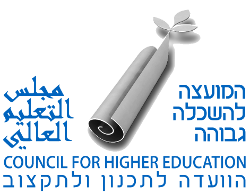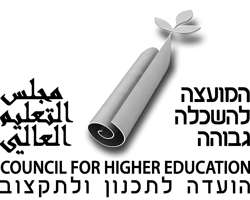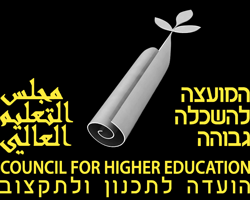The Ministry of Health and the CHE Have Established a Working Group to Regulate Clinical Fields in the Study of Medicine
- The Working Group is Headed By:
- Eran Halpern, Director of the Rabin Medical Center, Chair of the Union of Hospital Directors
- Shimon Marom, Technion University, Representative of the Medical School Deans Forum
- The Goal Defined in the Letter of Appointment: Increasing the number of students starting medical school in Israel to approximately 950 within 3 years in order to meet the goal of 3 doctors per 1,000 people.
- The working group will submit its conclusions within four months.
PBC Chair, Prof. Yaffa Zilbershats: “The doctor training crisis endangers human life in Israel and I am intent on meeting the goal we’ve set for 950 medical students each year. If, despite the incentives, medical schools do not increase their student numbers as required, we will be forced to act to lower the number of international students in order to permit Israeli students to study medicine.”
Moshe Bar Siman Tov: “We are constantly taking action to increase the number of doctors in Israel in order to respond to the increased needs of the system and the population. The most important starting point is the collaboration between the PBC and the Ministry and the educational system. I thank the PBC Chair and Director General for their cooperation. Using this working group, we will strive to increase the number of students and open the doors of the profession to a great many students who will receive their training in Israel instead of going overseas.”
The PBC and Ministry of Health have established a working group to regulate clinical fields in the study of medicine – with the goal of increasing the number of students starting medical studies in Israel. The Director General of the Ministry of Health, Moshe Bar Siman Tov, and CEO of the CHE-PBC, Matanyahu Engelman, Dr. Eran Halpern, Director of the Rabin Medical Center, Chair of the Union of Hospital Directors, and Prof. Shimon Marom, Representative of the Medical School Deans Forum. Together with them, the professionals of the CHE, Ministry of Health, and the National Economic Council will assist in all necessary matters.
According to the letter of appointment, the working group will be asked to present its conclusions on March 1, 2019.
The letter of appointment indicates that, “In order to meet the goal of 3-3.2 doctors per 1,000 people, on the basis of doctors who have studied in Israel, the CHE and the Ministry of Health, in coordination with the Ministry of the Treasury and the National Economics Council, agree that the number of medical students in Israel must be increased. Further to this, we ask that you review the matter of clinical fields of medicine and recommend alternatives to the distribution of fields of medicine between academic institutions so that it will be possible to increase the number of students commencing medical studies in Israel to approximately 950 within 3 years.”
The Ministry of Health and the PBC emphasize that the medical education crisis in Israel is an acute crisis that is likely to endanger human life and, therefore, there is an immediate need to increase the number of medical students. The establishment of a working group to regulate the clinical fields in medical studies joins a series of actions that the PBC has recently advanced on the matter, including: Approving establishment of a medical school at Ariel University and significantly increasing the teaching fees for clinical years in medicine as well as programs for additional incentivization amounting to tens of millions of New Israel Shekels. The fee update and incentive model were intended to rapidly spur universities to increase the number of Israeli medical students and ensure that the quality of instruction is not harmed as a result of this increase.


